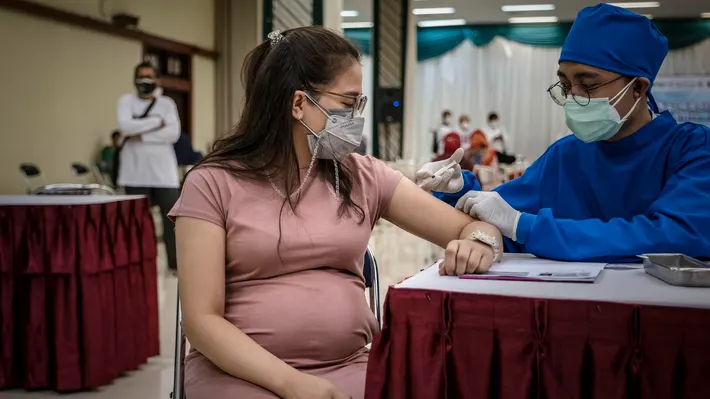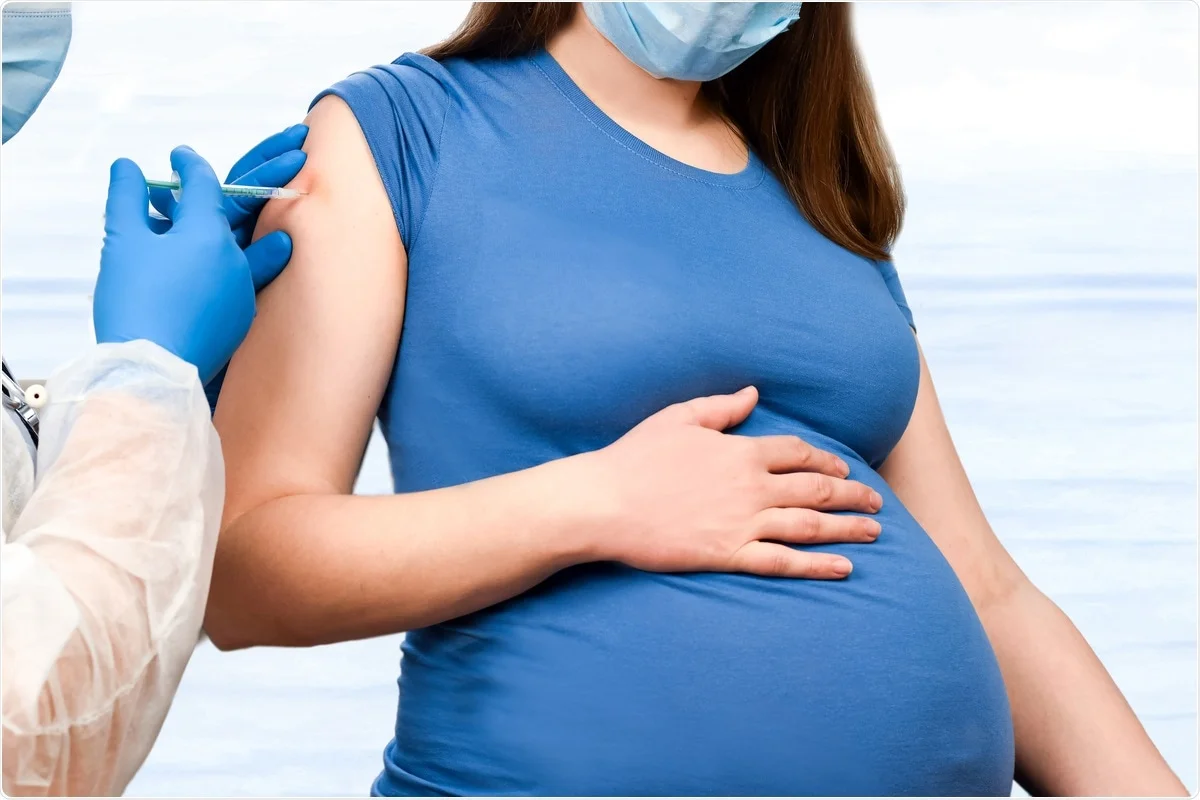A recent study published in The BMJ has found that neither COVID-19 infection nor vaccination during the first trimester of pregnancy is linked to an increased risk of major birth defects.
This research, conducted across Scandinavia, utilized national health registries to examine the outcomes of over 340,000 infants born between March 2020 and February 2022. The study’s findings provide reassurance about the safety of COVID-19 vaccination and infection during early pregnancy concerning congenital anomalies.
While it is established that COVID-19 infection during pregnancy can lead to severe complications such as preterm birth and stillbirth, the impact of COVID-19 on the risk of birth defects was not well understood until recently. This study aimed to fill this gap by evaluating whether early exposure to the virus or the vaccine could result in major congenital anomalies.
The researchers analyzed data from health registries in Sweden, Denmark, and Norway, tracking 343,066 liveborn infants to assess the effects of first-trimester COVID-19 infection and vaccination.

They focused on a wide range of congenital anomalies, including defects in the heart, nervous system, and other critical areas, while accounting for various influencing factors such as maternal age, education, and pre-existing conditions.
Among the 343,066 infants, 10,229 were exposed to COVID-19 infection during the first trimester, and 29,135 out of 152,261 were exposed to vaccination.
Despite these exposures, the study found no increased risk of major congenital anomalies linked to either COVID-19 infection or vaccination. The results were consistent across different types of anomalies and remained stable even after accounting for various potential confounders.
Although this study is observational and does not establish causation, its large-scale and high-quality data offer strong evidence against an association between early COVID-19 exposure and major birth defects.
The findings suggest that COVID-19 infection and vaccination in early pregnancy do not pose additional risks for congenital anomalies, but further research is needed to confirm these results across different viral variants and larger populations.
